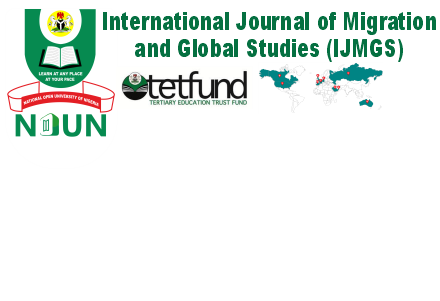Climate change continues to pose fundamental challenges to agricultural food production and human security in Nigeria. Since the last four decades, the country, like other countries of the world has been grappling with projected impacts associated with many of the scenarios outlined by the Intergovernmental Panel on Climate Change (IPCC). These include catastrophic shifts in temperature and water supplies, as well as rising river levels and steady decrease in arable land due to intense drought and desert encroachment in the extreme northern part of the country. These and other extreme weather events are having devastating effects on agricultural food production with attendant adverse socio-economic effects on the entire Nigerian citizenry directly or indirectly. Less crop yields and income, poverty, unemployment, lower living standard, rural-urban migration and the like, resulting from the effects of climate change have increased criminality. The southward movement by the Fulani herders for grazing land has resulted in serial violent conflicts with farmers who also want to hold on to their farmland. This development has exacerbated the tensed security situation in the country. The study concludes that though climate change impacts may not cause conflict, it increases its likelihood. It suggests measures to curb potential vectors for climate change-induced conflicts and recommends ways to mitigate its socio-economic effects.
